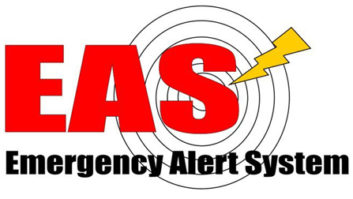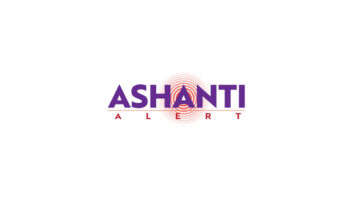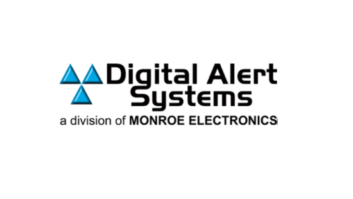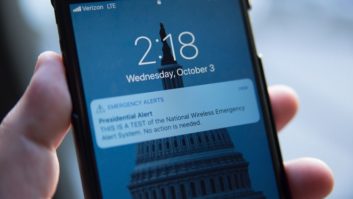As an agency with considerable experience with the nation’s Emergency Alert System and with Wireless Emergency Alerts, the New York City Emergency Management Department is urging the Federal Communications Commission to ensure that public emergency information/notification be as ubiquitous as possible — even if that requires the commission to seek authority from Congress for items outside of its purview.
In a filing with the commission as part of the FCC’s Notice of Proposed Rulemaking, the NYCEM encouraged the commission to expand and adopt rules necessary to ensure that the public is able to receive EAS and WEA wherever they are and on any device that someone may be using, “including emerging technologies that may be beyond the purview of existing rules and regulations.”
And in areas where the commission finds that it does not have the statutory authority to implement the necessary rules and regulations, the department encouraged the commission to seek the necessary authority.
The agency is responsible for development of the emergency management plans for a city with more than 8 million individuals. It agreed with a number of the commission’s EAS proposals in the NPRM.
It supports a recommendation that State Emergency Communication Committees specify a satellite channel as an additional source for presidential alerts; that the commission require specific EAS security protocols to be followed; and a proposal to allow state EAS plans to remove the restriction that require that presidential alerts be formatted in EAS protocol only.
But NYCEM said the commission should not retire rules that regulate legacy technologies. “There are significant portions of the population, including the elderly and those with limited financial resources, who likely rely exclusively on legacy EAS delivery sources,” it wrote.
The department also agreed with several testing-specific proposals, including one that alert originators be able to conduct infrequent WEA tests; a proposal to allow entities to develop and broadcast PSAs that include the EAS attention signal; and a proposal that would permit alert originators to conduct so-called Live Code Tests. “NYCEM believes that permitting alert originators to conduct ‘live’ tests of EAS will increase the proficiency of alert originators, validate origination tools and technologies, test downstream distribution and better educate the public,” the group said. “While NYCEM is always concerned with message fatigue, utilizing infrequent live tests with targeted, seasonally appropriate preparedness messages strongly benefits the public.”
NYCEM is one of a number of entities that filed comments on the EAS Notice of Proposed Rulemaking just prior to the comment deadline. Reply comments on Proceeding 15-94 are due July 8.
Read the NYCEM filing.
Related:










